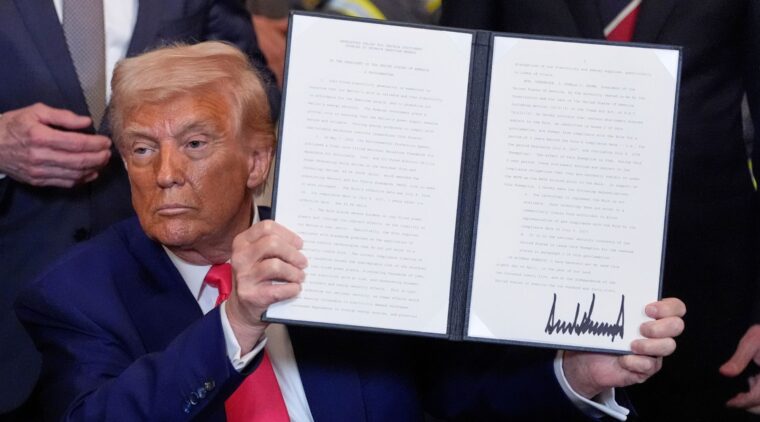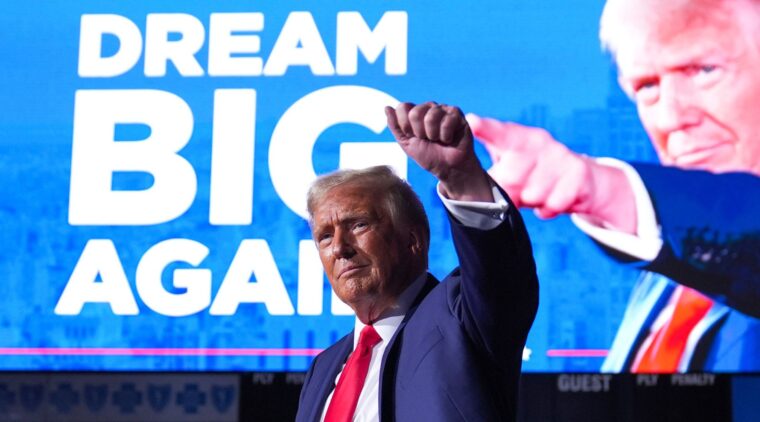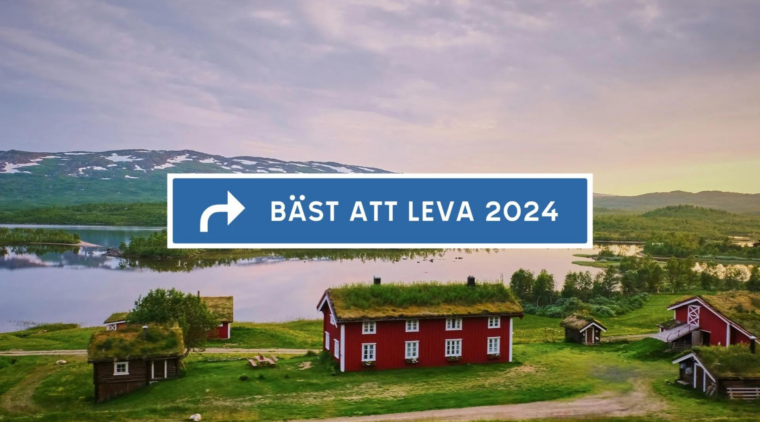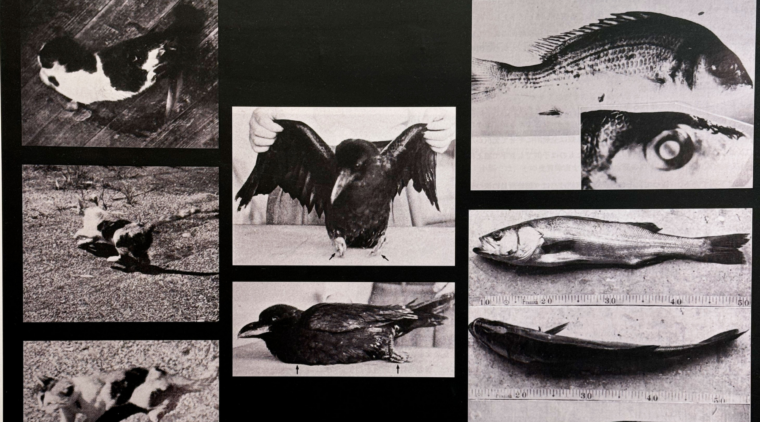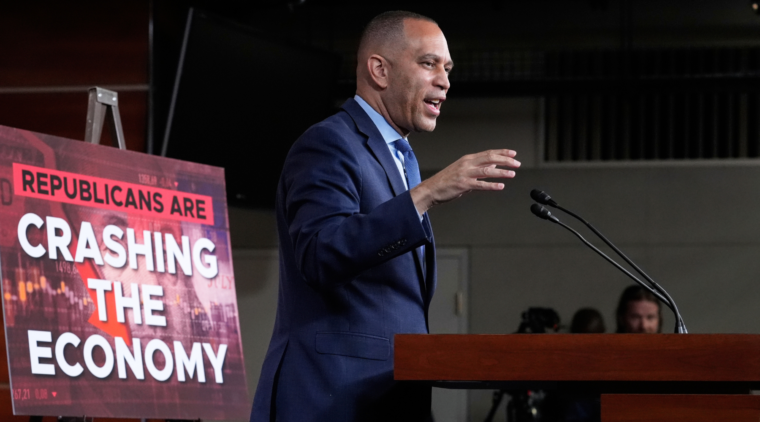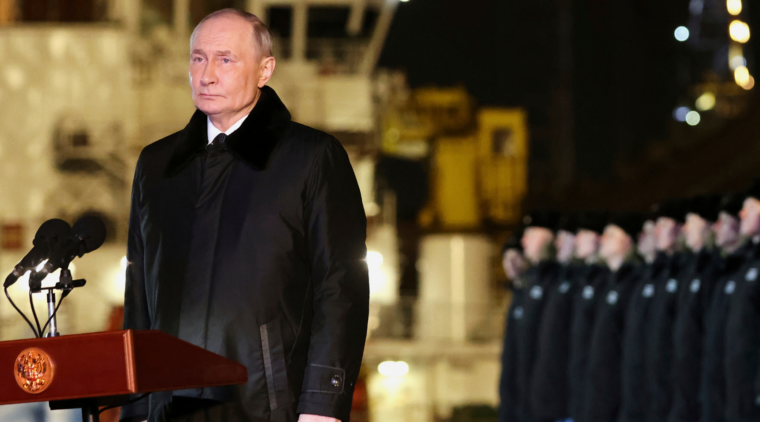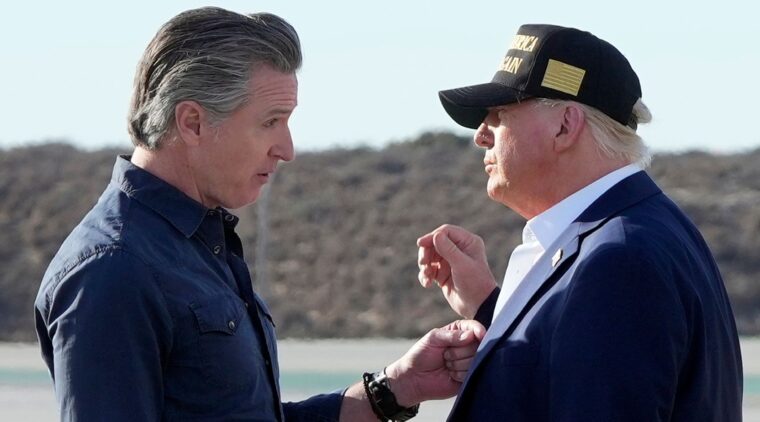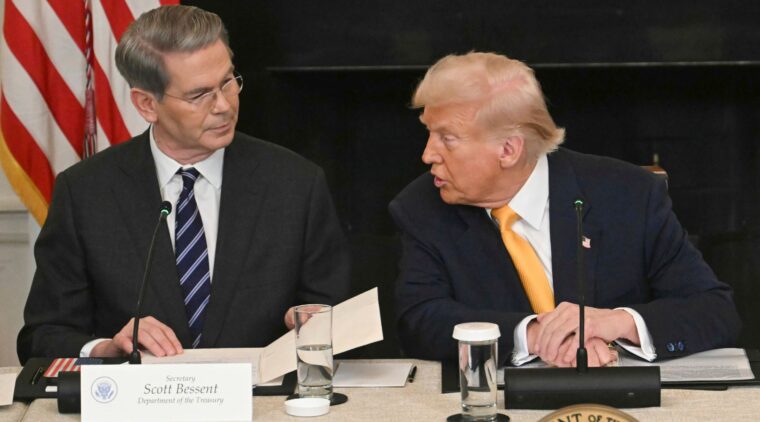Could a politician like Sarah Palin exist in Europe?
This is what a friend asked me on the phone from Athens, Greece, the other day. Enjoying the view from his balcony that overlooks the Acropolis, heart of European culture and history, the retired Reuters correspondent, a veteran of covering two U.S. presidential elections, admitted that he, along with many colleagues, were fascinated by the self described pit bull with lipstick.
Judging by the reaction of the European press to Senator McCain’s pick of the moral-conservative who claims to understand Russia because she can practically see it from her window, the answer to my friend’s question has to be a resounding, “No!”
So why is that? Well, ironically, what makes Palin strong in America - her religion and celebrity status – is what makes her impossible in Europe.
It’s not that Europe hasn’t had strong women leaders, or is a stranger to women in politics. Look at Britain’s former Prime Minister Margaret Thatcher, Finland’s accomplished President Tarja Halonen and the Chancellor of Germany, Angela Merkel, whom Forbes magazine rates “the most powerful woman in the world”.
But these are women who rose to power on the opposite strengths of those of Palin. In order to gain respect and acceptance they had to do more than their fair share of time in the political trenches, to prove their abilities were stronger than male counterparts.
Batting of eyelashes, colour of lipstick, as well as highlighting private and personal issues like being a moose shooting hockey mum, were not part of their campaign weapons.
It is not by coincidence Thatcher earned the nickname “The Iron lady” or Merkel that of “The Iron Frau”. Generally speaking, to succeed as a female politician in Europe you had better suppress the private and personal – yes your femininity in part – and focus on the political. Otherwise you just won't be taken seriously.
Maggie Thatcher had her famed handbag but it was perceived to be to hit people with, not a fashion accessory.
On this note, it is not strange to notice Europe’s unease over Palin’s “habit of investing secular matters with religious meaning”, as the German magazine Die Spiegel puts it, in reference to Palin statements that a $30 billion gas pipeline in Alaska was "God’s will," and the war in Iraq a "task that is from God".
The fact that she was a member of the tongue-speaking Pentecostal Church doesn’t exactly reassure, nor her wish that creationism should be taught in schools or wanting to skip sexual education completely. In Europe today it is almost taboo to infuse politics with religion.
Indeed, in the op-ed “Sarah and the Extremists” Swedish independent daily Helsingborgs Dagblad says the candidate “leaves a foul taste with her extremely conservative politics that includes anti-abortion among other things.”
And while the celebrity factor is something that has reenergized the Republican Party and has been to Palin’s advantage on this side of the Atlantic, it is something that most likely would have marginalized her in Europe where strong parliaments and parties tend to sift out mavericks and too personality-driven politicians.
Perhaps there is one exception: Italy. Its weak party structure has allowed space for beauty queens, fascists and even porno-stars. Alessandra Mussolini, the granddaughter of dictator Benito Mussolini and niece of Sophia Loren, is the party leader for Italy’s National Alliance neo-fascist party, and a member of parliament. She also posed for Playboy. Ciccolina, the porn-star, singer and former wife of world famous American artist Jeff Koons, was elected to parliament in 1987.
So unlike my friend, I have not been particularly fascinated by Palin, although there is no denying her impact on the election has been explosive.
Instead, I find there is something very sad about this Palinomania. It seems she has become the personification of the identity struggle America is fighting while its economy is on the brink of collapse. McCain’s pick of her plays straight into what I see as a desperate nostalgia for the past -- a nostalgia fuelled by a fear of a future where the world order is changing and America’s role as the greatest superpower is faltering.
It is nostalgia for the 1950s and the American dream when the ideal church-going American family could survive on one salary and still know that its children would be better off when they grew up. Sarah Palin, the mother of five with strong traditional family values, and with her 1950s-inspired outfits and hairdos, is a palpable expression of this longing for a past where your dreams could be fulfilled in your own backyard.
So among my European friends there is almost disbelief -- no it is not snobbery -- that anyone, let alone a woman who could be one heartbeat away from the presidency, could have reached her forties before getting a passport.
But in an era when the buzzword is "globilisation", insularity as a strength, does not fit well.
A short while ago, I met with a major fundraiser for the Republican Party in Washington DC. First she admitted she had been appalled by the choice of Palin because, “there was a strong sense that there were others who were more qualified”.
But then she changed her mind: “Actually, she has been great for the party and we’ve raised so much money because of her. You know she seems like a genuinely nice person plus I do like her neat little outfits and that hairdo is really cool.”
Judging by the reaction of the European press to Senator McCain’s pick of the moral-conservative who claims to understand Russia because she can practically see it from her window, the answer to my friend’s question has to be a resounding, “No!”
So why is that? Well, ironically, what makes Palin strong in America – her religion and celebrity status – is what makes her impossible in Europe.
It’s not that Europe hasn’t had strong women leaders, or is a stranger to women in politics. Look at Britain’s former Prime Minister Margaret Thatcher, Finland’s accomplished President Tarja Halonen and the Chancellor of Germany, Angela Merkel, whom Forbes magazine rates “the most powerful woman in the world”.
But these are women who rose to power on the opposite strengths of those of Palin. In order to gain respect and acceptance they had to do more than their fair share of time in the political trenches, to prove their abilities were stronger than male counterparts.
Batting of eyelashes, colour of lipstick, as well as highlighting private and personal issues like being a moose shooting hockey mum, were not part of their campaign weapons.
It is not by coincidence Thatcher earned the nickname “The Iron lady” or Merkel that of “The Iron Frau”. Generally speaking, to succeed as a female politician in Europe you had better suppress the private and personal – yes your femininity in part – and focus on the political. Otherwise you just won’t be taken seriously.
Maggie Thatcher had her famed handbag but it was perceived to be to hit people with, not a fashion accessory.
On this note, it is not strange to notice Europe’s unease over Palin’s “habit of investing secular matters with religious meaning”, as the German magazine Die Spiegel puts it, in reference to Palin statements that a $30 billion gas pipeline in Alaska was ”God’s will,” and the war in Iraq a ”task that is from God”.
The fact that she was a member of the tongue-speaking Pentecostal Church doesn’t exactly reassure, nor her wish that creationism should be taught in schools or wanting to skip sexual education completely. In Europe today it is almost taboo to infuse politics with religion.
Indeed, in the op-ed “Sarah and the Extremists” Swedish independent daily Helsingborgs Dagblad says the candidate “leaves a foul taste with her extremely conservative politics that includes anti-abortion among other things.”
And while the celebrity factor is something that has reenergized the Republican Party and has been to Palin’s advantage on this side of the Atlantic, it is something that most likely would have marginalized her in Europe where strong parliaments and parties tend to sift out mavericks and too personality-driven politicians.
Perhaps there is one exception: Italy. Its weak party structure has allowed space for beauty queens, fascists and even porno-stars. Alessandra Mussolini, the granddaughter of dictator Benito Mussolini and niece of Sophia Loren, is the party leader for Italy’s National Alliance neo-fascist party, and a member of parliament. She also posed for Playboy. Ciccolina, the porn-star, singer and former wife of world famous American artist Jeff Koons, was elected to parliament in 1987.
So unlike my friend, I have not been particularly fascinated by Palin, although there is no denying her impact on the election has been explosive.
Instead, I find there is something very sad about this Palinomania. It seems she has become the personification of the identity struggle America is fighting while its economy is on the brink of collapse. McCain’s pick of her plays straight into what I see as a desperate nostalgia for the past — a nostalgia fuelled by a fear of a future where the world order is changing and America’s role as the greatest superpower is faltering.
It is nostalgia for the 1950s and the American dream when the ideal church-going American family could survive on one salary and still know that its children would be better off when they grew up. Sarah Palin, the mother of five with strong traditional family values, and with her 1950s-inspired outfits and hairdos, is a palpable expression of this longing for a past where your dreams could be fulfilled in your own backyard.
So among my European friends there is almost disbelief — no it is not snobbery — that anyone, let alone a woman who could be one heartbeat away from the presidency, could have reached her forties before getting a passport.
But in an era when the buzzword is ”globilisation”, insularity as a strength, does not fit well.
A short while ago, I met with a major fundraiser for the Republican Party in Washington DC. First she admitted she had been appalled by the choice of Palin because, “there was a strong sense that there were others who were more qualified”.
But then she changed her mind: “Actually, she has been great for the party and we’ve raised so much money because of her. You know she seems like a genuinely nice person plus I do like her neat little outfits and that hairdo is really cool.”

